Soil Management
All Soil Management Content
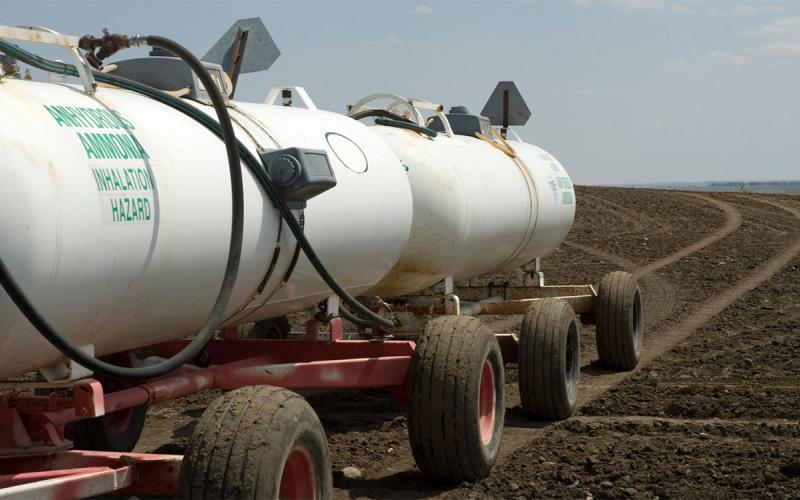
Updating Corn Nitrogen Fertilizer Rate Recommendations in South Dakota
Fact sheet updating corn Nitrogen Fertilizer Rate Recommendations in South Dakota.

Best Management Practices for Corn Production
iGrow Corn is your unbiased, research-based guide to corn production, providing the latest recommendations to help increase yield, reduce input costs and protect your investment.
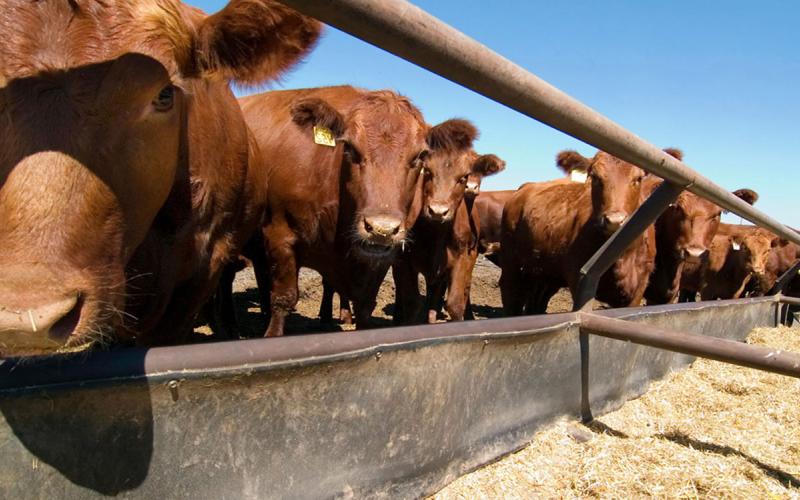
Concentrated Animal Feeding Operations training to be held March 29
March 06, 2023
South Dakota State University Extension, the South Dakota Department of Agriculture and Natural Resources, and the Natural Resources Conservation Service are offering an environmental training session for operators of Concentrated Animal Feeding Operations (CAFOs) on March 29 at the Crossroads Convention Center, 100 Fourth St. S.W., in Huron.
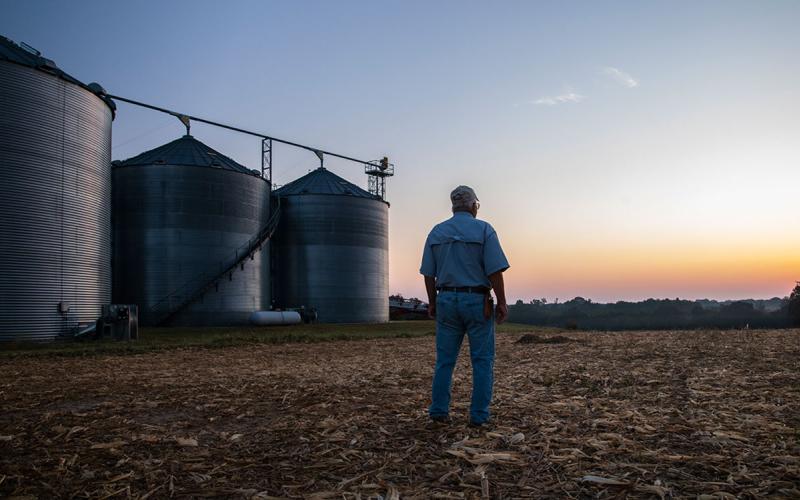
Carbon Markets and Opportunities for Farmers
There is growing interest in paying farmers for regenerative agricultural practices as a means for sequestering carbon. Learn about some of the benefits and challenges that carbon capture opportunities offer for producers.
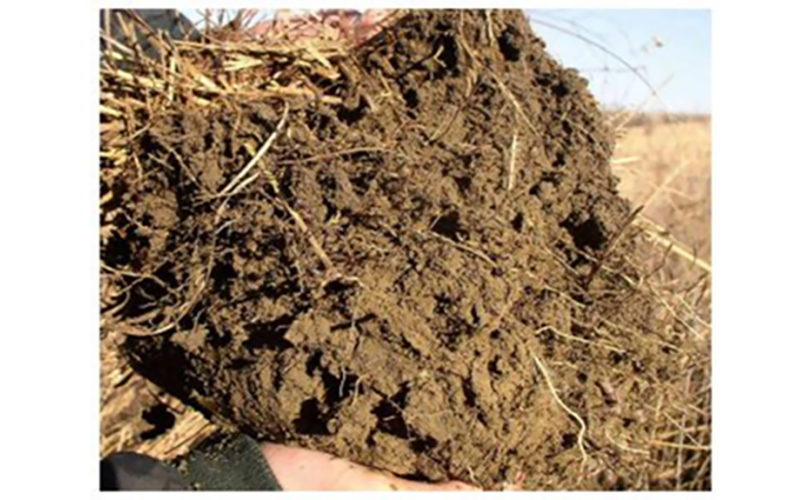
Register Now for SDSU Extension Soil Management Workshop
November 22, 2022
This year’s Managing Soil: Maximizing Profit program is Dec. 2 at the NFAA Yankton Archery Complex Community Center in Yankton.
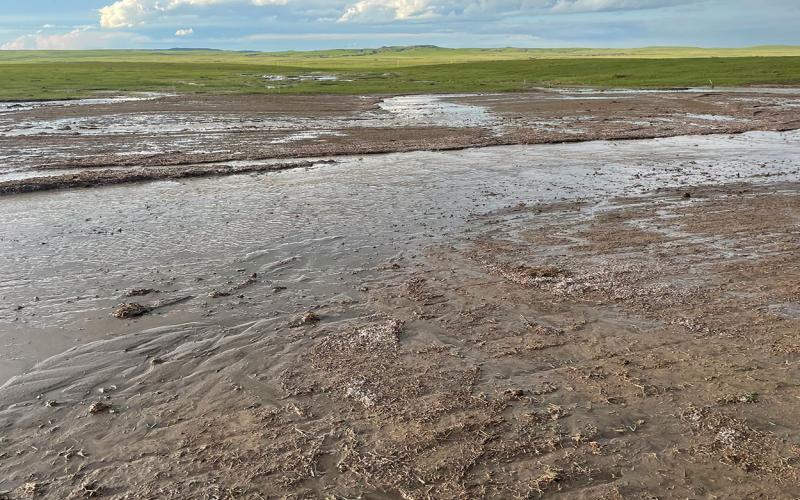
Five Range Management Principles: #4 Residual Forage
Residual forage is the amount of green leaf left after a grazing event. Understanding its importance can help producers capitalize on the symbiotic relationship that occurs when soil health is front and center on rangelands.
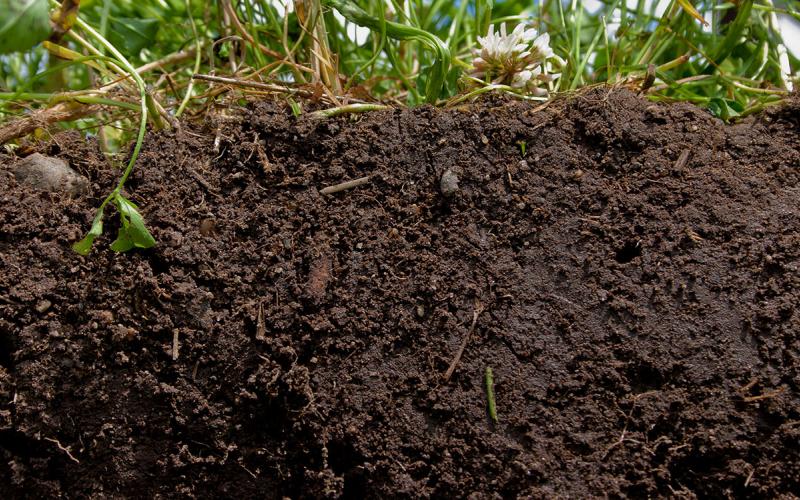
Why Is Carbon So Important to Agriculture and Society?
Carbon is not only vital to soil health—it’s the foundation of our long-term food security. Learn some incredible facts about the role carbon plays in our soil and environment.

Five Range Management Principles: #3 Ecosystem Biodiversity
Milkweed can help make rangelands a better environment for both cattle and neighboring plants and animals by having a shielding effect on companion plants, preventing erosion and accelerating the decomposition process, whole also providing nectar, habitat and organic material for ecosystem services.
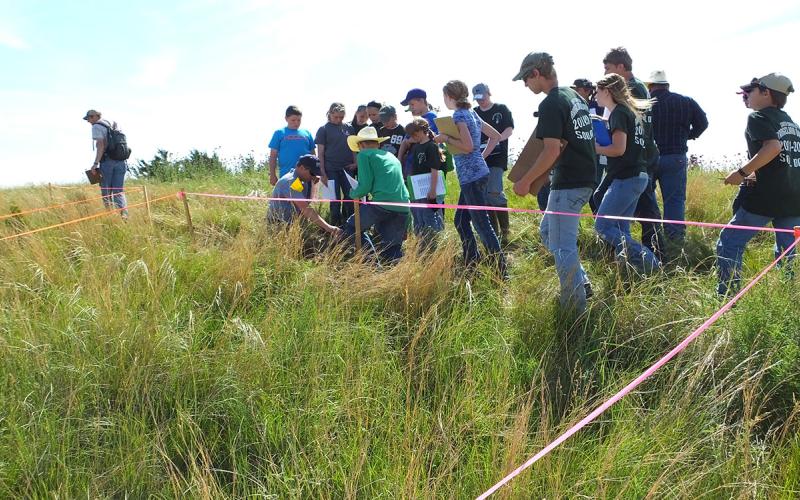
38th Annual Rangeland and 17th Annual Soils Days Held in Murdo
August 15, 2022
SDSU Extension, along with the Jones County Conservation District and the South Dakota Natural Resources Conservation Service (NRCS), hosted the 38th Annual Rangeland and 17th Annual Soils Days June 14-15, 2022, in Murdo, South Dakota.
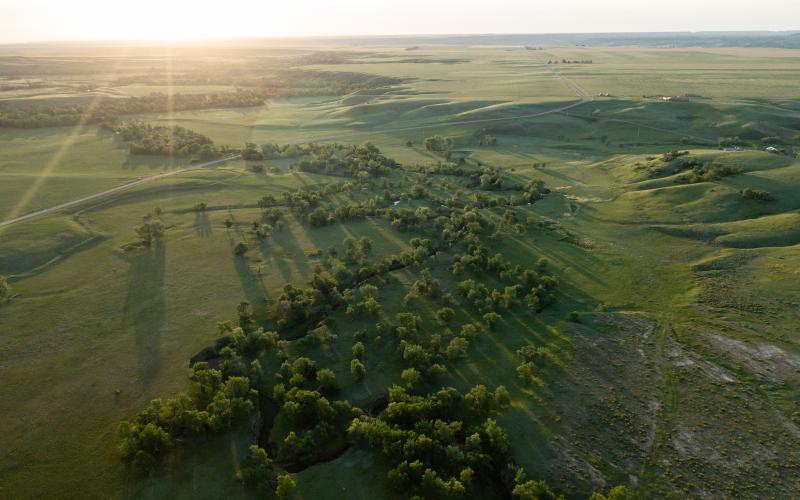
Understanding Western South Dakota Prairie Streams
This document provides information and guidance for landowners and land managers in western South Dakota who are managing small intermittent streams.